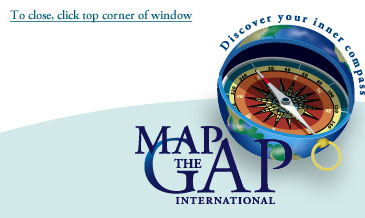 |
 |
|
|
Princeton, Harvard, and MIT are among the growing number of colleges and universities that are encouraging students to take a structured, meaningful time out before heading to college. Why? Because they’ve seen the positive impact that a gap year (or semester) can have on incoming students:
• Clearer focus and discipline Long considered a rite of passage in other parts of the world (such as England and Australia), the trend is emerging in the U.S. as well. According to sources such as The New York Times, Boston Globe, NPR’s All Things Considered, and The Chicago Tribune (among others), the number of students opting for a gap year (or semester) before starting college is rapidly increasing in the States. As one gapper put it: “I was tired of learning in a classroom. I wanted to immerse myself in the hands-on, real world.” Coinciding with this growing trend are some troubling statistics: According to the American College Testing service, less than half of those entering traditional 4-year colleges after high school will have graduated after 5 years; a quarter will have dropped out in their first year; and of those in college, many will not know why they are there or what their classes have to do with their lives or the real world. In response to this, Karl Haigler and Rae Nelson warn in their book, The Gap-Year Advantage: “Five years from now, many students and their parents may wish they had focused as much on having success in college as they had on gaining access to college.” They further suggest that a well-thought out gap year may save students thousands of dollars in college tuition, loans and scholarships, and could have the added benefit of giving students: “...the experience of taking responsibility for their lives and thereby gaining greater perspective on their place in the world and how they may uniquely contribute to their communities and families now and in the future.” (The Gap Year Advantage, p. 11) Is a gap year for you? |
||